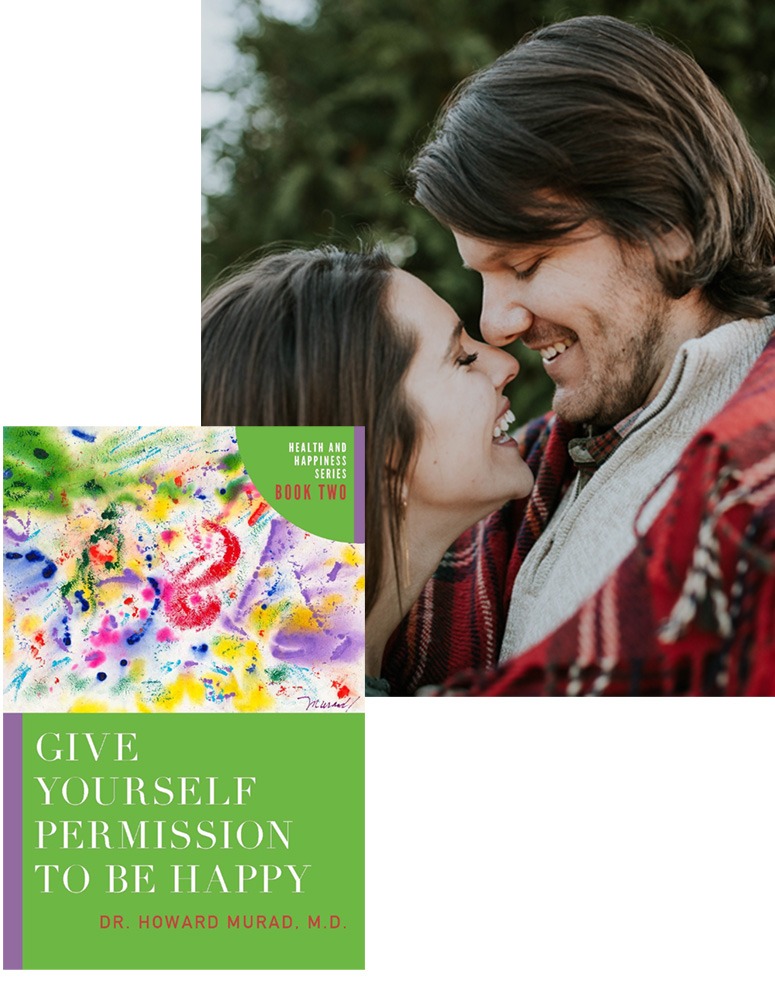Holidays Are For Hugging
Many people experience stress as the holidays approach. For some, it’s the stress of additional expenditures—the fear of disappointing loved ones by not being able to afford gifts that reflect their importance in your life. For others, it’s the stress of even more to do in an already overcrowded schedule.
Many people also find the holidays stressful because of perceived social obligations—or, conversely, the sense that “everyone else” is with loved ones and they are the only ones alone.
Fortunately, there’s a simple and affordable antidote to all of these forms of stress: the hug.
Hugs are the body’s original comfort-enhancing stress reducer, stimulating the production of oxytocin, the hormone that reinforces the bond between mothers and their newborns. So powerful is this hormone that infants who are not held fail to thrive, even if their other physical needs are met.
Throughout our childhood, hugs are the comfort of choice when we are scared, hurt, or tearful. And our need for physical connection with others doesn’t disappear even as adults. We still need hugs or other physical contact to stimulate the release of oxytocin, seal the bond in our relationships, and confer a wealth of other health benefits.
Pleasurable touch activates pressure receptors in the skin, which send signals to the vagus nerve, resulting in lowered blood pressure (among other things). Friendly human contact also reduces the body’s levels of the stress hormone, cortisol. This, in turn, helps ease blood flow and reduces your heart rate.
Hugging can even boost your immunity. While stress increases susceptibility to viruses like the common cold, researchers at Carnegie Mellon found that, among 404 adults, those who had greater social support and more frequent hugs were less likely to “catch” a cold after they were exposed to the virus. In another study, “Embraceable You,” residents of a New York retirement home who were touched or hugged three or more times a day had more energy, felt less depressed, were better able to concentrate, and enjoyed more restful sleep than residents who experienced fewer hugs.
We humans are physical, social beings. We need each other and find supportive touch powerfully reassuring. Touch generates oxytocin, some of which remains in the brain where it mediates mood, behavior, and physiology—alleviating stress and social anxiety and replacing them with feelings of trust.
And isn’t that what we all want more of—for the holidays and every day?
This holiday, try giving—and receiving—one of the simplest gifts of all: more hugs!
Find other tips for health and happiness in this little book, Give yourself permission to be happy. You really don’t need anyone else’s permission.
